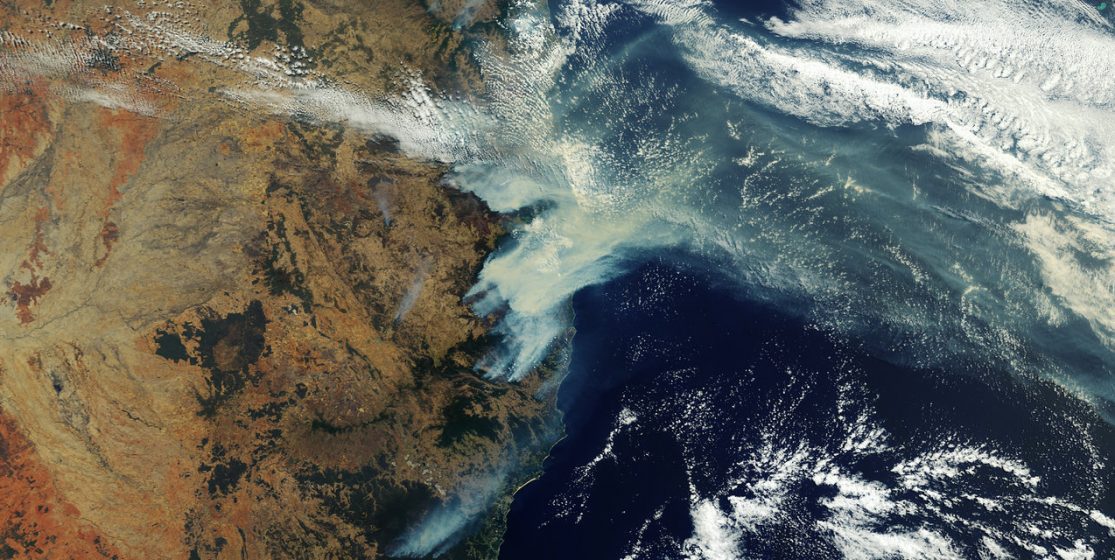Following the devastating bushfire season of 2019/20, the Academy has published an evidence summary on the health impacts of bushfires in Australia.
The report addresses a range of health issues associated with the direct impact of bushfires and the exposure to smoke. It was clear from discussions at the roundtable that there remain many unknowns around the short-, medium- and long-term impacts on physical and mental health. We are likely to see higher frequency and severity of such events over the coming decades, according to the Intergovernmental Panel on Climate Change and the Bureau of Meteorology. These unknowns therefore need to be answered – through research – so that Australia is equipped to recover from the 2019/20 season and to deal with the health impacts in this future scenario.
Targeted advice and plans are needed for vulnerable groups, such as those with pre-existing conditions, elderly, infants, children, pregnant women, and Aboriginal and Torres Strait Islander people and communities.
The evidence summary was informed by a virtual roundtable in early February involving Fellows, Associate Members and external experts from various fields such as respiratory health, mental health, maternal and child health, public health, burns and injuries, as well as further conversations with such experts. It was approved for publication by the Academy’s Council.
The document outlines the following issues:
Bushfire smoke and respiratory issues
The exposure to particulate matter (known as PM2.5 and PM10) was extensive and long-lasting in many parts of Australia, impacting not only the areas directly affected by fires, but also surrounding regions. The long-term health impact from this smoke exposure is not yet well understood and more research into the biological mechanisms and biomarkers are needed, along with clearer guidance on facemasks.
Mental health
Impacts such as trauma are widespread across the whole nation, especially to those directly impacted by the bushfires and those on the frontline. Although there are lessons to be learned from previous bushfire events, our report highlights the many unknowns that remain, for instance regarding the long-term impacts on firefighters and volunteers, and how to best improve mental health service uptake during and following bushfire events.
Impacts on vulnerable groups and health inequalities
Individuals with pre-existing respiratory or cardiovascular health conditions, elderly or disabled individuals, pregnant women, and Aboriginal and Torres Strait Islander people and communities, are particularly vulnerable to the impacts of the bushfire and smoke haze. The report highlights the need to consider health inequalities and emphasises that appropriate guidelines are needed (e.g. for pregnant women or parents with infants) to prepare for future events.
Other areas in which we summarise the evidence include:
- Other contaminants and issues (including exposure to toxins)
- Eye health
- Water/food
- Burns and heat stress
Download the full report. It also formed the basis for Academy submissions to the Royal Commission and the Senate Inquiry, which are summarised in our policy pages, and it will feed into broader our work on climate change.
Image credit: European Space Agency

